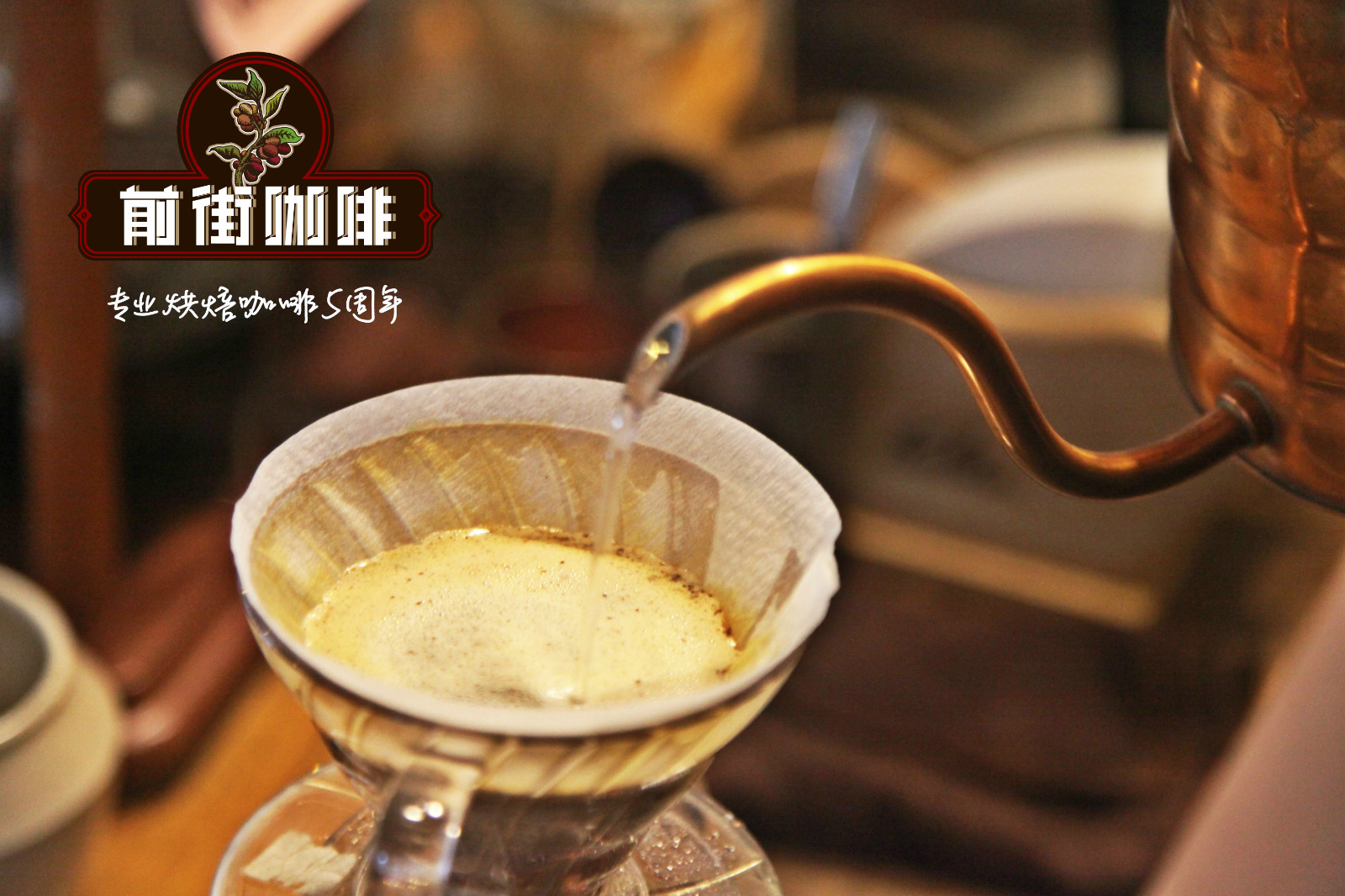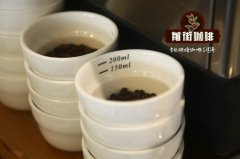Sidamo Guji production area Sil Ai Beauty Co-operative | wash the wind of Ami sidamo Ameli G1

Professional coffee knowledge exchange More coffee bean information Please pay attention to coffee workshop (Weixin Official Accounts cafe_style)
Sitamagugi Region Sirai Beauty Cooperative| Washed amelia sidamo Ameli G1 flavor?
Ch ire Ameli Mill was established in 2010 as a water treatment plant of Ch ire Ameli Coop, a cooperative with 800 small coffee farmers, most notably when the cooperative won third place in the Taste of Harvest competition in Ethiopia in 2015. The African Coffee Boutique Association (AFCA) is an organization based in Nairobi, Kenya, which brings together all African coffee producing countries to promote the quality of specialty coffee. Each year when harvest is complete, each country is separated at the same time and place, and world coffee experts are hired to do a cup test competition. In every African coffee-producing country where there is no boutique coffee establishment, the results of the Taste of Harvest competition organized by the African Coffee Boutique Association (AFCA) clearly represent the state of African boutique coffee.
Guji region of Sidamo, along the Meramura River in southern Ethiopia Mora Mora River, traditionally thought to produce forest coffee The original production area of (forest coffee), administratively divided, Guji belongs to Oromia in southern Ethiopia, and the local ethnic group is "Guji Oromo"(Gujii Oromo) family, growing coffee has always been the core of Euromian highland culture. In this area, there are several small coffee farms that gather their cherries together and process them for export. The processing plant is Ch 'ire Ameli in the Nensebo woreda area of Guji. More than 800 small coffee farmers send cherries to the processing plant.
After a very strict screening, and then washed, put on the traditional elevated bed to complete the drying, customer order, and then shell packaging export.
Origin: Guji producing area in Sidama province
Breed: Typica & Heirloom (native species)
Production: Chire Ameli Coop
Elevation: 2,100 meters on average.
Level: Wash G1
Annual rainfall: 1,400 to 1,800 mm
Soil: reddish brown
Certification: N/A
Flavor description: rose, citrus, acid elegance,? Peach, caramel mild clean balance, the end of the lively and varied fruit sweet. Ripe berry flavors are more mild and intense
Front Street Recommended Brewing:
Filter cup: Hario V60
Water temperature: 90 degrees
Abrasion: Small Fuji Abrasion 3.5
Cooking method: water-powder ratio 1:15, 15g powder, first injection of 25g water, stewing for 25s, second injection to 120g water, water cut off, wait for the powder bed water to drop to half, then inject water slowly until 225g water, extraction time about 2:00
Analysis: Three-stage brewing, clear coffee before, during and after the flavor. Because V60 has many ribs, the drainage speed is faster, and the extraction time can be prolonged when the water is cut off.
Important Notice :
前街咖啡 FrontStreet Coffee has moved to new addredd:
FrontStreet Coffee Address: 315,Donghua East Road,GuangZhou
Tel:020 38364473
- Prev

Aida Batlle, Paradise Manor, Santa Ana Province, El Salvador | selected batch | Sun bourbon, Parka
Professional coffee knowledge exchange more coffee bean information please follow the coffee workshop (Wechat official account cafe_style) El Salvador Santa Ana Paradise Manor Aida Batlle | selected batch | Sun bourbon, Pacas flavor? When it comes to Salvadoran coffee, you have to talk to you about Aida Batlle, a legend in the boutique coffee industry. Aida is from El Salvador.
- Next

Auromia from Guji producing area of Ethiopia | washed Shakissogixa G1 Fayesa Faysel Ab
Professional coffee knowledge exchange more coffee bean information please follow the coffee workshop (Wechat official account cafe_style) Ethiopia Guji producing area Auromia | washed Shakissogixa G1 Fayesa Faysel Abdosh flavor? The Gigesa is located in the town of Danbi Uddo in Shakisso and was established by Faysel Abdosh in the 20th century.
Related
- Detailed explanation of Jadeite planting Land in Panamanian Jadeite Manor introduction to the grading system of Jadeite competitive bidding, Red bid, Green bid and Rose Summer
- Story of Coffee planting in Brenka region of Costa Rica Stonehenge Manor anaerobic heavy honey treatment of flavor mouth
- What's on the barrel of Blue Mountain Coffee beans?
- Can American coffee also pull flowers? How to use hot American style to pull out a good-looking pattern?
- Can you make a cold extract with coffee beans? What is the right proportion for cold-extracted coffee formula?
- Indonesian PWN Gold Mandrine Coffee Origin Features Flavor How to Chong? Mandolin coffee is American.
- A brief introduction to the flavor characteristics of Brazilian yellow bourbon coffee beans
- What is the effect of different water quality on the flavor of cold-extracted coffee? What kind of water is best for brewing coffee?
- Why do you think of Rose Summer whenever you mention Panamanian coffee?
- Introduction to the characteristics of authentic blue mountain coffee bean producing areas? What is the CIB Coffee Authority in Jamaica?

